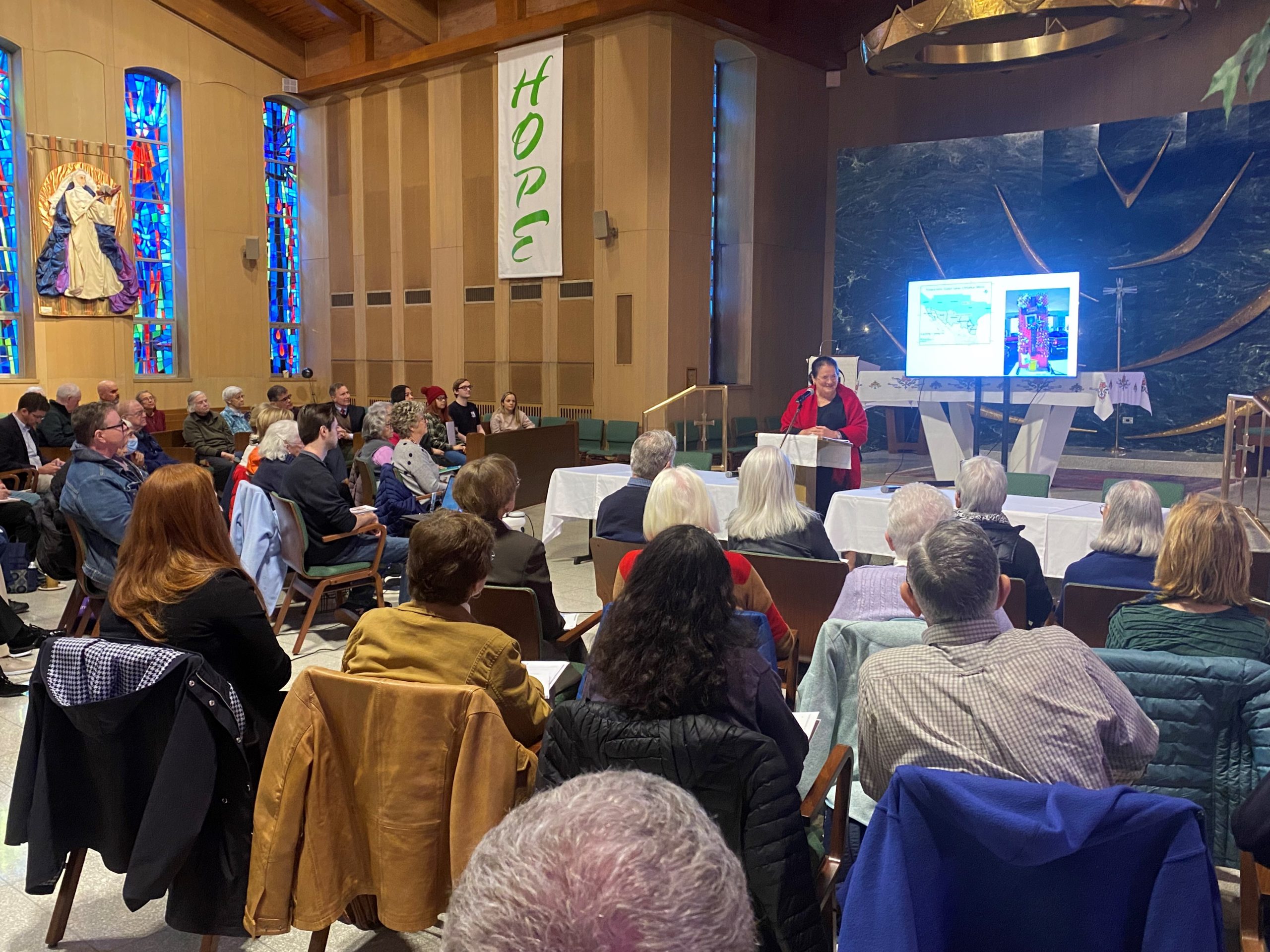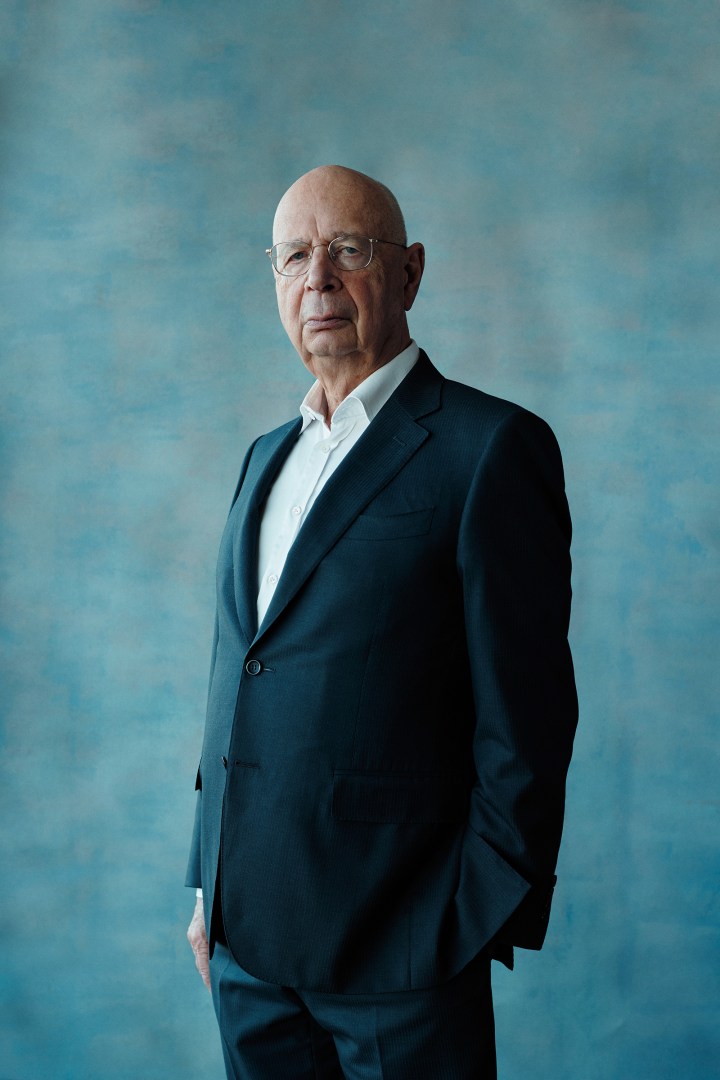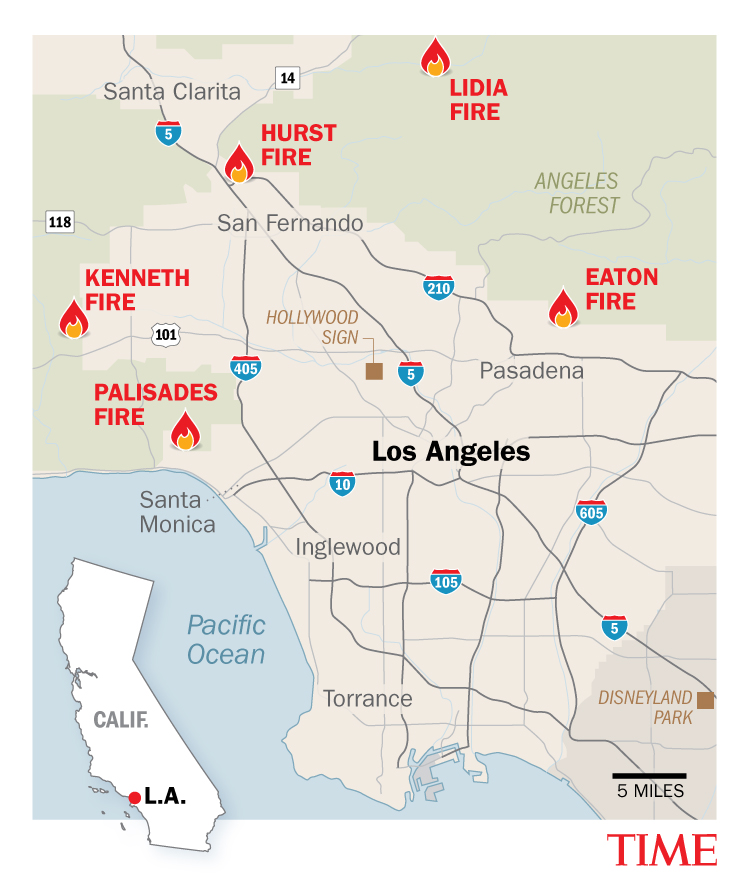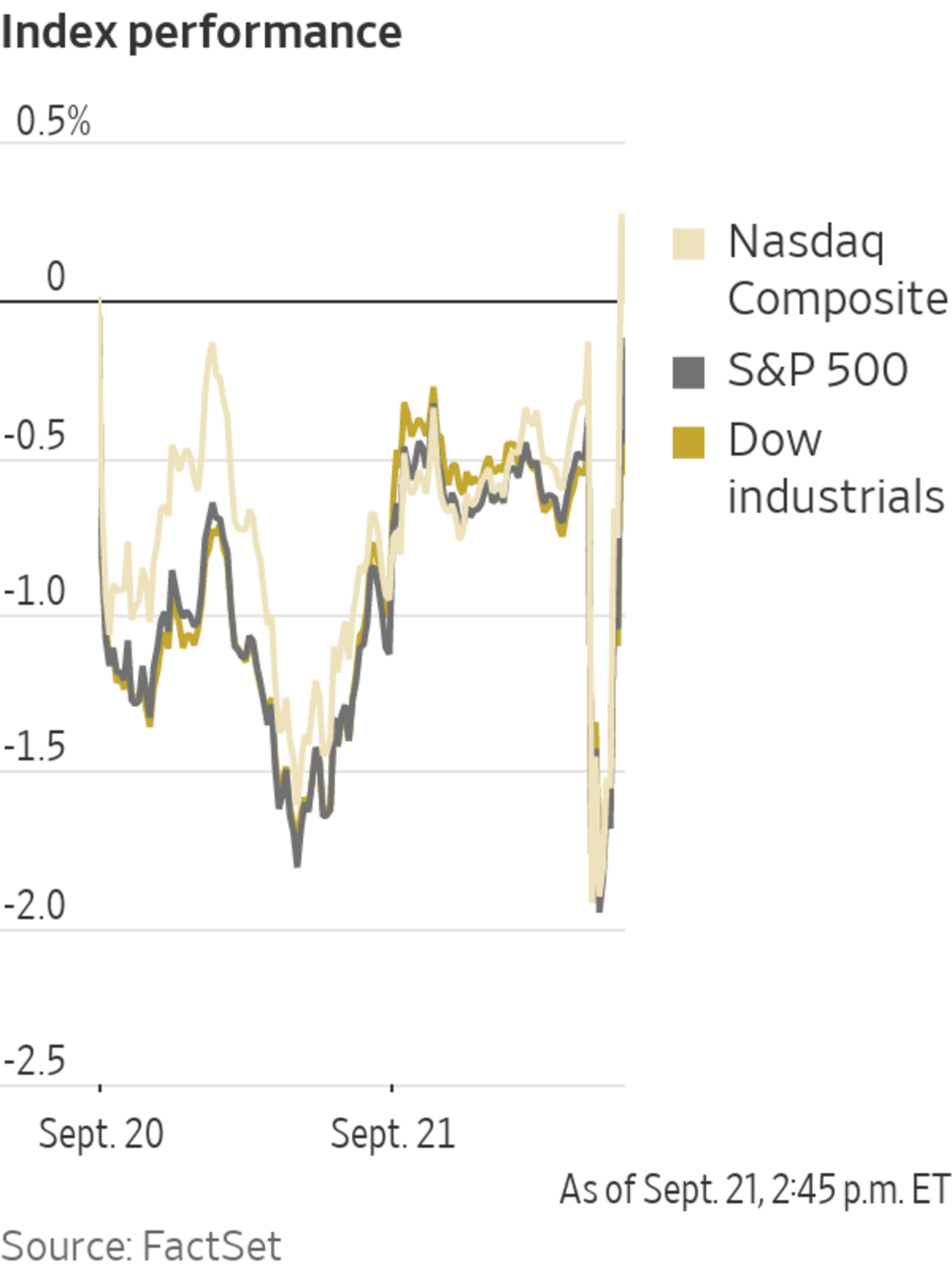Pope Francis' Legacy: A More Global, Yet Divided Church

Table of Contents
A More Inclusive and Globalized Church
Pope Francis has undeniably reshaped the image and direction of the Catholic Church, pushing it towards a more globalized and inclusive institution. His efforts are visible across several key areas:
Emphasis on Social Justice and Environmental Issues
Pope Francis' encyclicals, Laudato Si' (on care for our common home) and Evangelii Gaudium (on the proclamation of the Gospel in today's world), have profoundly impacted global Catholic discourse. These documents emphasize social justice, poverty alleviation, environmental protection, and the interconnectedness of these issues. His pronouncements have resonated far beyond the Catholic Church, influencing broader conversations about sustainability and social responsibility.
- Initiatives: The creation of the Dicastery for Promoting Integral Human Development reflects a commitment to addressing poverty and inequality. Numerous charitable programs under his leadership have focused on aiding refugees, the poor, and marginalized communities globally. The Vatican has also actively engaged in international climate change dialogues, advocating for environmental stewardship.
- Increased Engagement: Pope Francis has consistently emphasized the importance of reaching out to the peripheries – engaging with marginalized communities and fostering dialogue with those on the fringes of society. His visits to impoverished nations and his focus on the plight of migrants and refugees have demonstrated this commitment tangibly.
Interfaith Dialogue and Ecumenism
A hallmark of Pope Francis' papacy has been his unwavering commitment to interfaith dialogue and ecumenism. He has actively sought to build bridges with leaders from other religions, promoting mutual understanding and cooperation.
- Examples: His meetings with the Dalai Lama, the Grand Imam of Al-Azhar, and leaders of various other faiths exemplify his dedication to fostering respectful relationships. He has consistently championed interreligious collaboration on issues of peace, justice, and humanitarian aid.
- Impact: These initiatives have improved the Church's image as a partner in global efforts for peace and understanding, fostering positive relationships with various faith communities and promoting a more collaborative approach to addressing global challenges.
Appointment of Diverse Cardinals and Bishops
Pope Francis' appointments of cardinals and bishops have reflected a conscious effort to create a more geographically diverse Church leadership. This shift has significant implications for a more globally representative Church structure.
- Examples: The increased number of appointments from Africa, Asia, and Latin America demonstrates a clear intention to decentralize power and to reflect the global distribution of Catholics.
- Impact: This diversification of leadership fosters a more inclusive and representative Church governance, ensuring diverse perspectives are integrated into decision-making processes. It also reflects a shift away from a predominantly European-centric Church hierarchy.
Persistent Divisions within the Church
Despite the strides towards a more inclusive and globalized Church, Pope Francis' papacy has also been marked by significant internal divisions and controversies.
Controversies surrounding Theological Issues
Ongoing debates on critical theological issues continue to fracture the Church.
- Examples: The long-standing debate on women's ordination remains unresolved, generating significant tension within the Church. Similarly, discussions surrounding LGBTQ+ rights and the acceptance of same-sex relationships continue to cause deep divisions. Liturgical reforms and debates on traditional practices also fuel ongoing controversies.
- Impact: These disagreements contribute to a sense of polarization within the Catholic community, hindering efforts towards greater unity and understanding.
Conservative Resistance to Reform
Pope Francis' progressive approach has encountered considerable resistance from conservative factions within the Church.
- Examples: Public statements and actions opposing his reforms on issues like liturgy and clerical celibacy have demonstrated the depth of this opposition.
- Impact: This resistance challenges Pope Francis' attempts to modernize and reform the Church, potentially impeding the implementation of his vision.
The Challenges of Decentralization and Local Contexts
Managing a global Church with diverse local cultures and interpretations of Catholic teachings presents significant challenges.
- Examples: Regional variations in the application of Church doctrine and practices, especially concerning moral and ethical issues, create complexities in maintaining a unified global structure.
- Impact: Navigating these differences while upholding the unity of the faith requires sensitive leadership and a nuanced understanding of local contexts.
Conclusion
Pope Francis' legacy is a paradoxical blend of progress and resistance. His papacy has undeniably propelled the Catholic Church towards a more globalized and inclusive institution, marked by an increased emphasis on social justice, environmental responsibility, and interfaith dialogue. However, the persistent divisions within the Church, stemming from theological controversies and resistance to reform, represent significant challenges to his vision. Understanding Pope Francis' impact requires acknowledging both the transformative initiatives and the enduring internal struggles shaping the future of the Catholic Church. To fully grasp Pope Francis' legacy, further research and discussion are crucial. We must continue to examine his impact on the Church and engage in thoughtful reflection on the future direction of Catholicism in light of his papacy.

Featured Posts
-
 Remembering Sophie Nyweide Child Star Of Mammoth And Noah Passes Away At 24
Apr 24, 2025
Remembering Sophie Nyweide Child Star Of Mammoth And Noah Passes Away At 24
Apr 24, 2025 -
 Klaus Schwab Under Scrutiny World Economic Forum Faces New Inquiry
Apr 24, 2025
Klaus Schwab Under Scrutiny World Economic Forum Faces New Inquiry
Apr 24, 2025 -
 Los Angeles Wildfires A Reflection Of Our Times Through Betting Markets
Apr 24, 2025
Los Angeles Wildfires A Reflection Of Our Times Through Betting Markets
Apr 24, 2025 -
 Us Stock Futures Surge After Trumps Powell Comments
Apr 24, 2025
Us Stock Futures Surge After Trumps Powell Comments
Apr 24, 2025 -
 Celebrities Affected By The La Palisades Fires A Comprehensive List Of Home Losses
Apr 24, 2025
Celebrities Affected By The La Palisades Fires A Comprehensive List Of Home Losses
Apr 24, 2025
